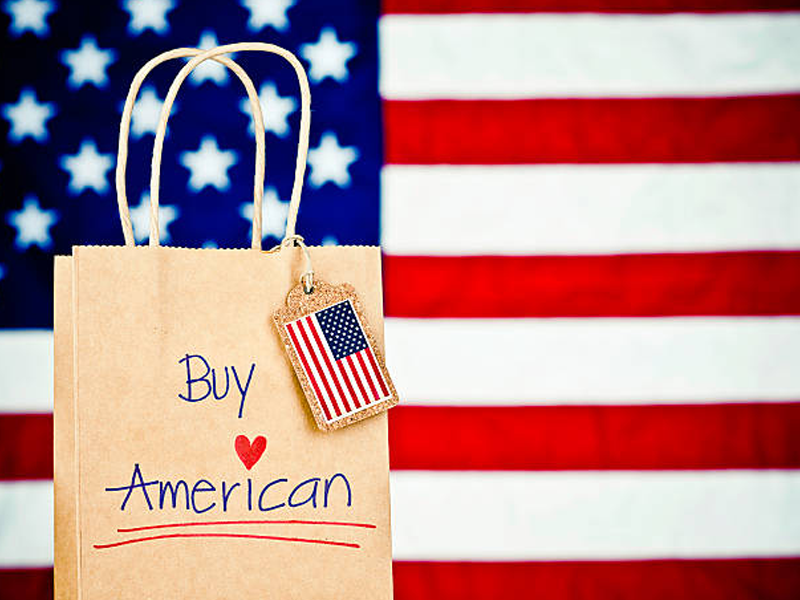
New Opportunities for Women-Owned Small Businesses in Government Contracting
Women own roughly twenty percent of all small businesses in the United States, but less than five percent of federal contracting dollars go to women-owned small businesses. To address this disparity, the Biden administration has made it a priority to further expand the women-owned small business Federal Contracting Program, which authorizes contracting officers to set aside certain federal contracts for eligible women-owned small businesses (WOSBs).
The eligibility requirements to qualify as a WOSB are set out in Title 13 Part 127 Subpart B of the Code of Federal Regulations (CFR). In brief summary, in order to be eligible for the WOSB Federal Contracting program, a business must:
- Be a small business according to Small Business Association (SBA) size standards (https://www.sba.gov/size-standards ),
- Be at least 51% owned and controlled by women who are U.S. citizens, and
- Have women manage day-to-day operations who also make long-term decisions for the business
Participating in the Small Business Administration’s (SBA’s) WOSB Program helps women-owned businesses compete for federal contracting set-asides, while still competing for contracts under other socio-economic programs for which they may be eligible. The benefits of this program are real. Nearly five thousand women-owned small businesses have been certified by the SBA to participate in the WOSB Program. In 2020, the federal government awarded $27.14 billion in federal contracts to WOSBs.
Recently, the SBA released an updated list of industries eligible for reserved federal contracting under the WOSB Program, reflecting a 70% increase. If you do business in an industry the was previously ineligible for set-asides, you may be pleasantly surprised to find new opportunities available to you. Just a few newly-eligible industries include:
- Temporary Help Services
- Home Health Care Services
- Electronic Computer Manufacturing
- Air Transportation Support
The updated list of eligible NAICS industries can be found at https://www.sba.gov/document/support–qualifying-naics-women-owned-small-business-federal-contracting-program.
SBA’s free online certification process for WOSBs is available at beta.certify.sba.gov.
Our firm can answer questions and provide legal guidance to women-owned small businesses that wish to take advantage of these programs. We also can assist those who wish to form a new WOSB. Please contact us at [email protected] or (410) 489-1996.

The New Buy American Rule, and What it Means for Your Business
There may seem that there isn’t much we all agree upon in American politics these days, but a glimmer of significant cooperation has continued across the Trump and Biden administrations in the government’s push to prioritize the use of domestic materials in federal infrastructure projects. A series of executive orders issued by both administrations has made substantial changes to the implementation of the Buy American Act (BAA) preferences that apply to government procurements.
The BAA was enacted in 1933, and urges the United States Government to buy American-made products by setting a price preference for offers of domestic end products. A “domestic end product” under the BAA is one that is manufactured in the United States for which the cost of domestic components must exceed a specified threshold.
For over sixty years, the domestic component threshold held steady at 50%. Former President Trump increased that threshold to 55% by executive order (subsequently implemented by the FAR Council), and now President Biden has further increased the threshold to 60%, effective in October 2022. The final FAR rule calls for additional increases to 65% in 2024, and to 75% in 2029.
Government contractors will generally need to comply with the threshold in effect in the year of delivery, although agencies can apply the threshold in effect at the time of contract award throughout the period of performance with approval by the senior procurement executive. A fallback threshold will be available for certain goods that are unavailable or unavailable at a reasonable cost until 2030.
These rules will apply to federal contractors performing contracts that are subject to the BAA. That includes contracts that are below the current Trade Agreements Act thresholds of $183,000 for supply contracts and $7.032 million for construction contracts, sole-source acquisitions, small business set-asides, and contracts for arms, ammunition, or war materials, and contracts indispensable for national security.
For federal contractors and subcontractors, this will mean reviewing supply chains to ensure compliance over the life of existing projects and to prepare new bids and proposals.
For manufacturers of domestic end products, and especially small businesses, these rule changes present a growth opportunity. Larger contractors are likely to want to incorporate more American-made products into their supply chains.
To prepare, make sure your business is properly registered with the Small Business Administration and the System for Award Management; familiarize yourself with the Cybersecurity Maturity Model Certification (CMMC) requirements for the contracts you intend to pursue; ensure you have your North American Industry Classification System (NAICS) numbers identified and available; and maintain compliance with the small business size standards in terms of employees and revenue.
Our firm can answer questions and provide legal guidance to government contractors concerning these Buy American requirements. We also can assist businesses that wish to get into government contracting. Please contact us at [email protected] or (410) 489-1996.
